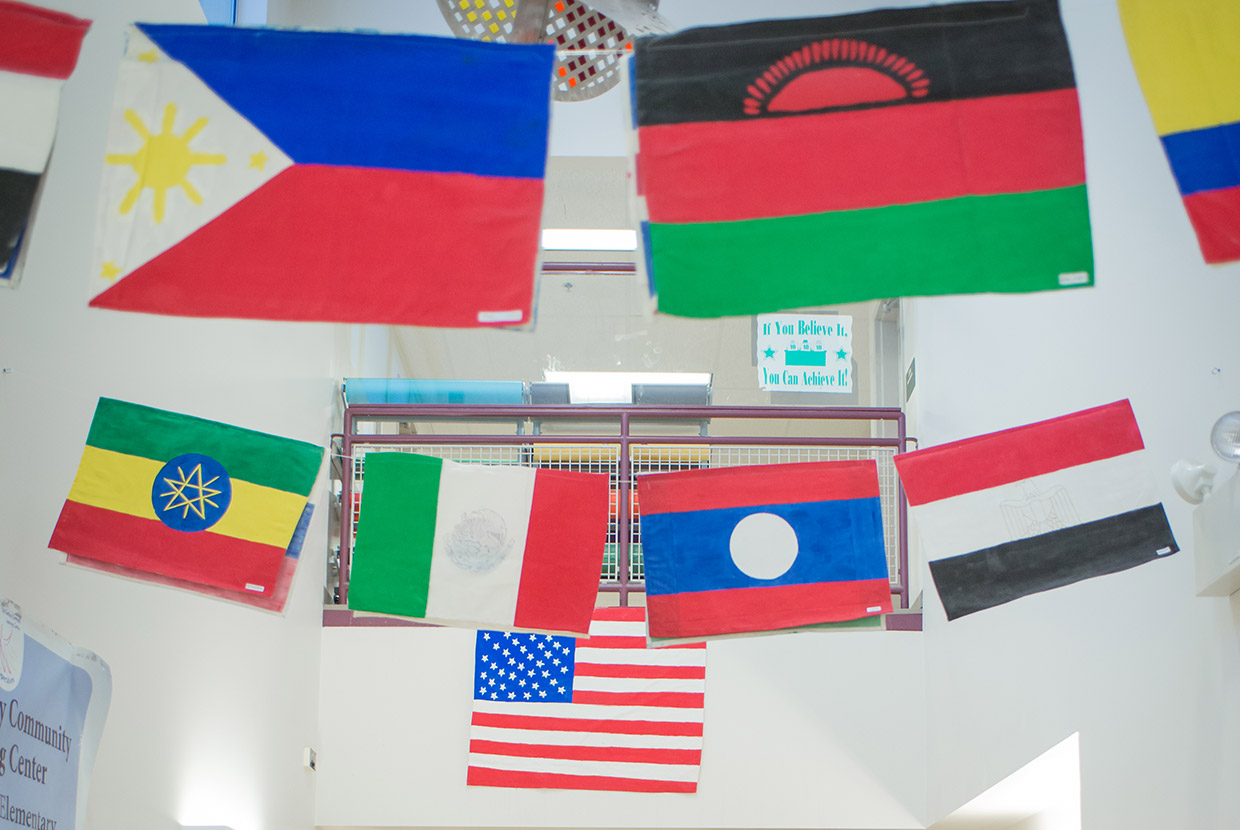As Alaska is the 12th most diverse state in the country and Anchorage is home to the most diverse neighborhood and schools in America, teachers who can help the state’s students thrive aren’t just an asset, but an integral part of the community.
UAA’s School of Education was awarded a $3 million Project LEAF (Literacy Equity for Alaskan Families) grant. Provided by the Office of English Language Acquisition, the federal professional development grant aims to improve the effectiveness of teachers to meet the needs of students who are English language learners.
“We are an immensely diverse state,” said Cathy Coulter, Ph.D., professor of language and literacy education and primary investigator of Project LEAF. “In rural districts we have students from various tribes who have unique needs within villages that have unique desires for them. Then we have urban districts where teachers have 10 or 15 cultural groups represented with different languages and ways of knowing all in one classroom. So it is uniquely important for us to work with our teachers to help students feel like the classroom is a place that represents who they are.”
Collaborating with Dr. Coulter on Project LEAF are co-primary investigators Panigkaq Agatha John-Shields, Ph.D., assistant professor of Indigenous education, and Lisa Richardson, Ph.D., associate professor of education at University of Alaska Southeast.
Project LEAF provides tuition support to teachers currently working throughout Alaska who are looking to earn an ESL (English as a second language) endorsement on their teaching certificate. Typically, ESL endorsements are obtained by teachers who take 18 graduate level credits beyond their initial certification and can cost upward of $10,000.
Through the grant, Project LEAF will be able to offer tuition support to 125 teachers working toward their ESL endorsements, as well as provide 220 teachers with professional development opportunities that increase their knowledge, confidence and skills in language, literacy and content instruction for English learners.
Additionally, the grant will help candidates pursue their language and literacy graduate certificates to improve literacy in the state by developing curricula based on multicultural epistemologies, addressing a common criticism of standardized literacy tests that they disadvantage students from multicultural backgrounds.
“We have an excellent teaching force in the state with people who really care and who are highly innovative,” said Coulter. “The more that we can foster a regard for the professional capacity of our teachers while working together within that capacity to build our collective efficacy, the better off we'll be to meet the needs of students.”

Original source can be found here.





 Alerts Sign-up
Alerts Sign-up